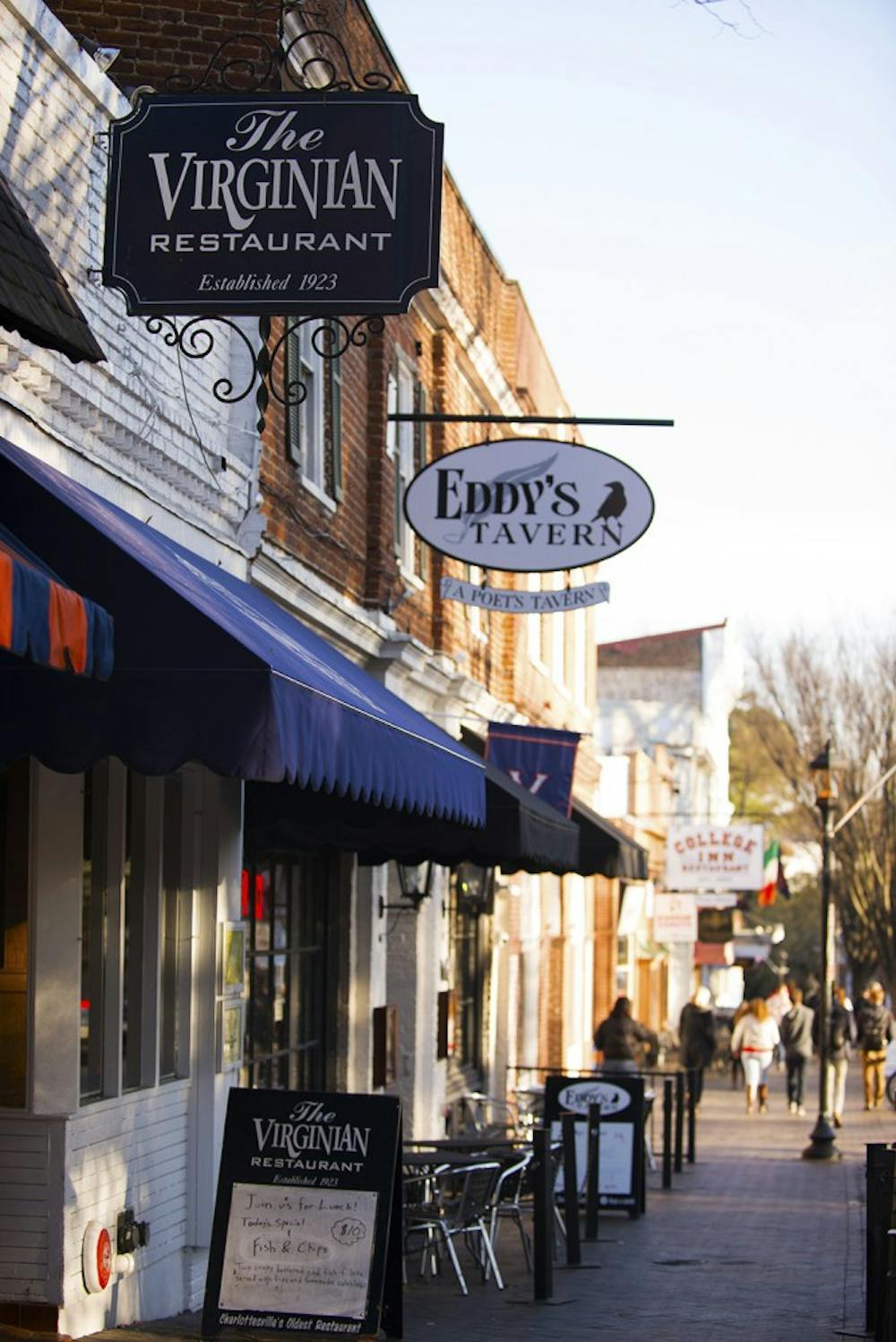Charlottesville City Manager Maurice Jones proposed a spending plan for the next fiscal year which would increase the city’s meals tax rate by 25 percent — raising the tax from four to five cents on every dollar. If approved, the increase would supplement the city’s 5.3 percent sales tax, resulting in a 10.3 percent combined tax for meals in Charlottesville restaurants.
According to Jones’ spending plan, the increased meals tax rate should bring in about $2.1 million for various efforts — including raises for Charlottesville city and public school workers, new positions in the Charlottesville school system, eight more police officer positions, larger contributions to the retirement fund and debt service payments.
Charlottesville Director of Communications Miriam Dickler said the City of Charlottesville has looked at a number of cities which have raised meals tax revenue in the past, and none have seen a drop in total revenue. She said this data showed the possibility for success for an increased meals tax in Charlottesville.
Dickler said an increase in the meals tax revenue will benefit many sectors, especially the Charlottesville school system.
“There are a number of needs in the budget that we have heard from citizens,” Dickler said. “Part of that is school funding for our K-12 education, and schools have requested $2 million. This would also go to fund police services, capital funding, funding on buildings and general services.”
Co-owner of Bodo’s Bagels Scott Smith explained potential negative effects of a higher meal taxes on Charlottesville restaurants.
“An increase in the city meals tax will increase an already sizable discrepancy between the tax rates at restaurants in the city and the county, inevitably to the detriment of the city's restaurants,” Smith said in an email.
Albemarle County’s meals tax rate is currently only four percent, so Smith said the sheer increase in city food prices might be enough to drive customers out.
“If people decide to eat out less or to dine out in the county, that will be a blow to city restaurants,” Smith said. “Our customers definitely appreciate the value we offer, and are very conscious, in general, of what it costs to eat out. It doesn’t matter much that the increase comes in the form of a higher tax rate — what they’ll notice is that the bill has gone up.”
Smith said the meals tax increase would also put a strain on lower income Charlottesville residents, preventing them from going to city restaurants as frequently.
“Taxing food hurts people who can least afford it the most, and those people will notice the difference,” Smith said. “It’s hard for people to eat more cheaply at home than they do at Bodo’s, but this kind of increase simply requires us to be more expensive than we are now.”
Smith also said an increase in the meals tax could potentially deter tourists from visiting Charlottesville.
“The nationally recognized restaurant scene here is a draw for Charlottesville, but this would take some of the shine off of that,” Smith said. “I don’t think that’s a great idea.”







